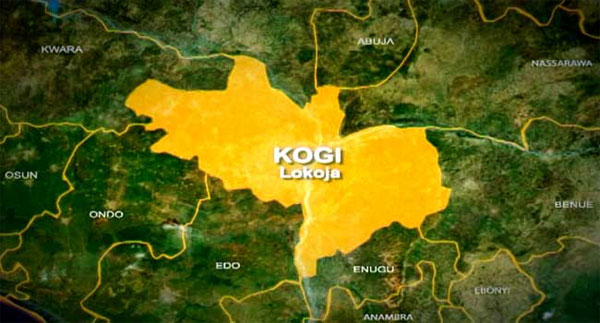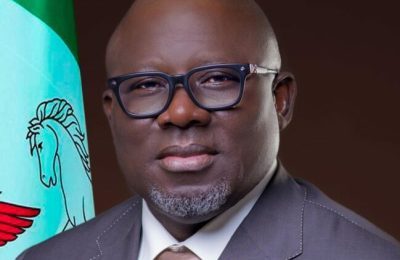In a bid to put an end to the ethnic divisions that characterised the 2023 governorship election, prominent stakeholders in Kogi State politics are canvassing for a rotational governorship across the three senatorial districts in the state.
They made their positions known in Lokoja during the 2024 Nigeria Post newspaper lecture and awards, marking 33 years since the creation of Kogi State, with the theme “Sustaining Kogi’s Unbroken Unity: Prospects and Possibilities; This House Must Not Fall.”
The immediate past Speaker of the Kogi State House of Assembly, Hon. Prince Mathew Kolawole, opined that a rotational governorship in Kogi would help solve the ethnic tensions among the various tribes during elections.

According to the two-time lawmaker, “God has made Kogites to be one, and we have no place to run to or away from ourselves. As long as we are all under the umbrella of Kogi State, whether you are Igala, Ebira, Okun, Kakanda, or Hausa, our main focus should be the development of our state.
“Kogi State must be united with a common purpose. It has been recorded that during elections, the state is usually divided along ethnic lines, which has stagnated the development of Kogi State 33 years after its creation.
“All stakeholders should come out and speak with one voice to shun sentiments and nepotism and move forward as one big family. Kogi State is bigger than all of us.
“To avoid a repeat of what happened during the last governorship election in Kogi State, I want to re-echo the call for rotational governance. For example, if the governorship has been held by the Igala or Ebira for some years, the next should come from the next senatorial district.

“There won’t be rancour between two ethnic groups. If it is zoned to Kogi West, for example, the people will know that this is just for them. They will then go back home and address their issues within themselves. The conflict will be limited to Kogi West.
“It is up to them to seek support from the East, Central, and other regions. Without rotational governance, ethnic problems like those witnessed during the last governorship election are inevitable. It is unnecessary for the Igala, Ebira, or Okun to develop their own agendas, which poses a significant threat to our democracy.
“With the judgement of the Supreme Court, let us all come together to support Alhaji Usman Ododo for his first and second terms. After he finishes his two terms, let the power be rotated to Kogi West. Once Kogi West completes its tenure, the next will be between the Ebira and the Igala.
“By doing this, each ethnic group will know that their turn is coming, and they will address their internal issues. The leadership of that ethnic group will present their agenda to the people. All they need to do is solicit support and votes from other ethnic groups. This approach will eliminate rancour between ethnic groups and foster unity.”
Aligning with the call for rotational governance in Kogi State, former member of the State House of Assembly Barr. Cosmos Atabor said, “There is development in unity. The more we fight among ourselves over political positions, the more we retrogress as a state.
Irrespective of our ethnic groups in Kogi State, we are all one. The founding fathers of Kogi State did not envision us fighting amongst ourselves. That is why we are emphasising unity to tap into the state’s beautiful natural resources.
“Therefore, I am also advocating for rotational governance in Kogi State. Rotational governance in a state as diverse as Kogi will bring positive change and prevent conflict during elections.
Knowing that in the next eight years, the turn will be for the Okuns, the Igala, or the Ebira, there will be no internal conflict. Instead, they will look for the best candidate from their region to lead.
“I am a proponent of rotational governance, which I believe will bring lasting peace and unity to Kogi. We are fortunate that Kogi is only 33 years old. There is a saying that a fool at 40 is a fool forever. Thankfully, we are not 40 yet.
Kogi is stumbling like a toddler at 33. It is time for us to act as adults and focus on the development of Kogi State. Prioritising the development of the people and local government should be our top priority, rather than fighting over who becomes governor every four years.”
On his part, the Chief Medical Director of Reference Hospital Okene, Professor Solomon Avidime, who is from the Central Senatorial District, emphasised unity in diversity among the people.
Expressing hope for a better future for Kogi State despite its diverse ethnic groups, Prof. Avidime said, “I can tell you that the prospect is very bright, considering our focus for Kogi State. We should be talking about uniting the people, which is the baseline for development.”
ALSO READ THESE TOP STORIES FROM NIGERIAN TRIBUNE






